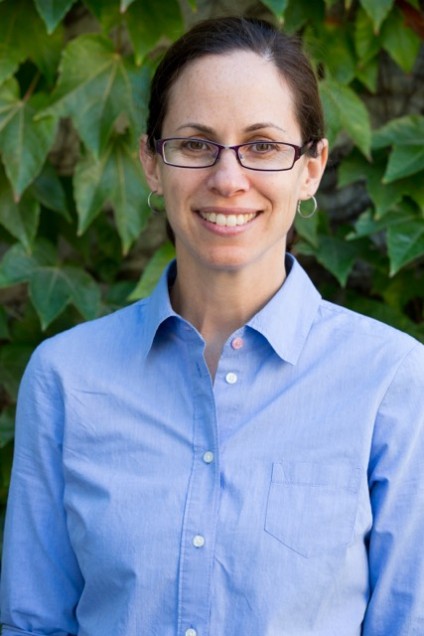Faculty Research Fellow Pamela Templer Co-Authors Editorial on Need for Multicultural & Multidisciplinary Science Education
 Pamela Templer, a Professor in the Department of Biology and a Faculty Research Fellow at the Frederick S. Pardee Center for the Study of the Longer-Range Future, recently co-authored an editorial arguing for a more “solutions-based” higher education experience that combines an interdisciplinary approach with a focus on human and environmental well-being.
Pamela Templer, a Professor in the Department of Biology and a Faculty Research Fellow at the Frederick S. Pardee Center for the Study of the Longer-Range Future, recently co-authored an editorial arguing for a more “solutions-based” higher education experience that combines an interdisciplinary approach with a focus on human and environmental well-being.
In the article, published in the journal Frontiers in Ecology and the Environment, the authors explained the need to “educate students to become effective citizens across the scientific, ethical, cultural, and policy landscapes” by designing a learning experience that encourages participation in policymaking processes. Drawing on their own experience co-teaching a hybrid virtual and in-person course across six institutions, the authors argued that more multidisciplinary and multicultural student experiences can promote such an experience while building the skills needed to address today’s socio-environmental challenges.
“The traditional science curriculum must evolve to incorporate skills in leadership, cross-cultural communication, innovation, resilience, and advocacy,” they wrote. “Experience across diverse cultural landscapes should be a fundamental part of science education, so that students develop into competent, open-minded leaders before they embark on their career paths.”
Read the full editorial here.
In 2017, Prof. Templer was awarded a five-year, $3 million National Science Foundation (NSF) Research Traineeship (NRT) grant to establish the Boston University Graduate Program in Urban Biogeoscience and Environmental Health (URBAN). The program trains PhD students in Biogeoscience, Environmental Health, and Statistics to tackle major urban environmental problems using an interdisciplinary approach.